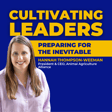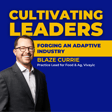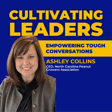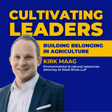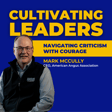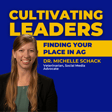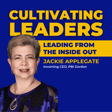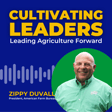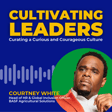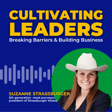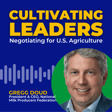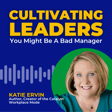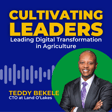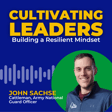
Leading and Learning from the Future of Agriculture with Scott Stump
Great leadership isn’t about titles—it’s about trust, humility, and impact. In this episode, Scott Stump, CEO of the National FFA Organization, shares his experience on what it means to lead with integrity, empower teams, and stay open to growth. He shares a wealth of knowledge around the future leaders of the agriculture industry and how seasoned professionals can accelerate their potential.
Scott shares more on:
- The Current State of Ag Education: Where he sees gems and gaps
- Trends for the Future of Agriculture: His thoughts on new technologies and innovations
- Practicing Humility: The importance of learning from past mistakes
With Scott’s personal experience as a leader and educator, this conversation will challenge you to connect with future agriculture leaders and embrace your unique leadership skills.
Connect with Scott
- Connect on LinkedIn
About the National FFA Organization
- Visit their Website
- Connect on LinkedIn
Connect with AFA
- Follow us on LinkedIn
- Follow us on Instagram
- Like us on Facebook
- Follow us on TikTok
- Visit our Website
About The Cultivating Leaders Podcast
Real stories. Practical advice. Tangible growth. Join The Cultivating Leaders Podcast, brought to you by Agriculture Future of America, as we explore what it takes to lead in food, agriculture, and beyond. Whether you’re just starting out or leading at the highest level, this podcast is your go-to resource for leadership that matters. Listen now and start cultivating your leadership journey.
Don’t forget to follow/subscribe so you never miss another episode!
